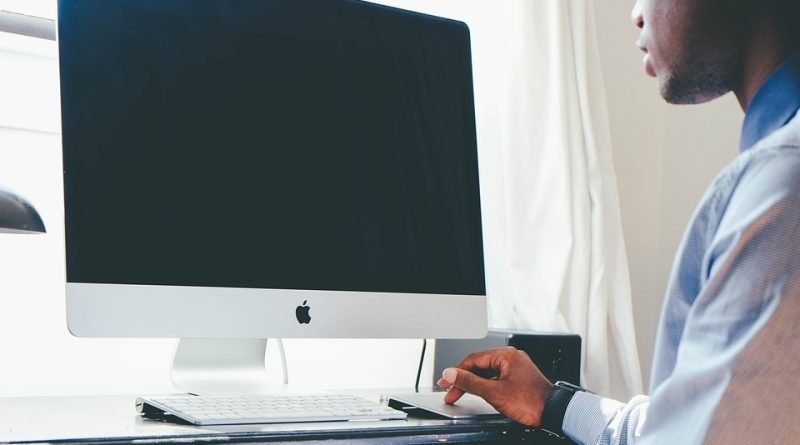Protecting Your Personal Computer from Hackers and Malware
In today’s digital age, personal computers have become an essential part of our daily lives. Whether it’s for work, communication, or entertainment, we rely on our computers to store sensitive information and connect us to the world. However, with the rise of cybercrime, it’s crucial to protect our personal computers from hackers and malware.
Hackers are individuals or groups who use technology to gain unauthorized access to a computer system. They often do this to steal personal information, install malicious software, or disrupt normal operations. Malware, on the other hand, is a type of software designed to damage or disable computers and their data. It can come in various forms, such as viruses, worms, trojans, ransomware, and spyware.
To protect your personal computer from hackers and malware, here are some essential tips to follow:
1. Install Antivirus Software: One of the best ways to protect your computer from malware is to install antivirus software. Antivirus programs can detect and remove malicious software from your system, preventing hackers from gaining access to your personal information.
2. Keep Your Software Updated: Hackers often exploit vulnerabilities in outdated software to gain access to your computer. Make sure to keep all your software, including your operating system, web browsers, and plugins, up to date to prevent attacks.
3. Use Strong Passwords: A weak password is like leaving the door to your computer wide open for hackers. Create strong, unique passwords for all your accounts and change them regularly to keep your personal information secure.
4. Be Wary of Phishing Emails: Hackers often use phishing emails to trick unsuspecting users into clicking on malicious links or downloading infected files. Be cautious when opening emails from unknown senders and never provide sensitive information in response to an email.
5. Enable Firewall Protection: A firewall acts as a barrier between your computer and the internet, monitoring incoming and outgoing traffic to block potential threats. Make sure to enable your computer’s firewall to add an extra layer of protection against hackers.
6. Backup Your Data: In the event of a malware attack or hacker breach, having a backup of your data can save you from losing important files. Regularly backup your data on an external hard drive or cloud storage to ensure you can recover your information if needed.
7. Secure Your Wi-Fi Network: Hackers can easily access your computer through an unsecured Wi-Fi network. Make sure to secure your network with a strong password and enable encryption to protect your personal information.
By following these tips, you can significantly reduce the risk of your personal computer being hacked or infected with malware. Stay vigilant, keep your defenses up to date, and protect your personal information from cyber threats. Your computer’s security is in your hands.
